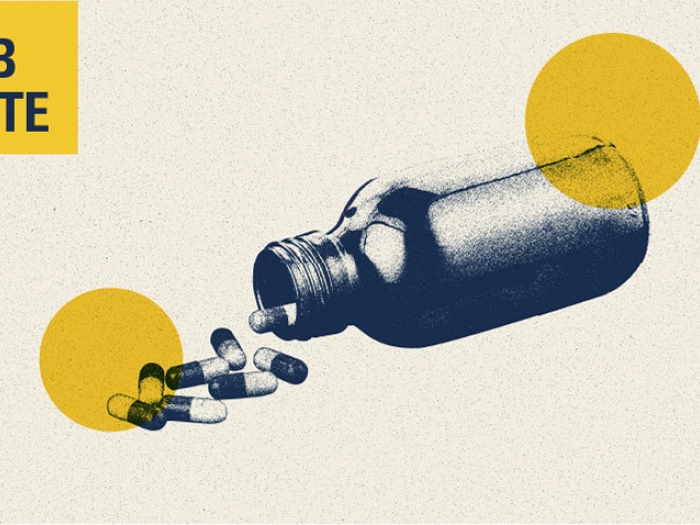Data from National Poll on Healthy Aging show reliance on delivery of medications, often because of insurance requirements.
4:12 PM
Author |

The timeliness of mail delivery may affect access to medication for many middle-aged and older adults, according to a new analysis of data from a national poll of people aged 50 to 80.
Nearly one in four people in this age group said they receive at least one medication by mail, but that percentage rises to 29% when the poll results are limited to people who take at least one prescription medication. Nearly 17% of people in this group say they receive all their medications via mail.
In addition, 35% of those who receive medications by mail said that their insurance requires them to do so.
The data on the use of mail delivery for medications come from a poll taken in 2017 as part of the ongoing National Poll on Healthy Aging, but not previously published in poll reports. The poll did not ask if the mail delivery was through the United States Postal Service or a private package delivery service.
While deliveries of all kinds have been delayed during the months of the COVID-19 pandemic, USPS delays have been in the spotlight in recent weeks. Congressional hearings on this topic are now under way.
The National Poll on Healthy Aging is conducted by the University of Michigan Institute for Healthcare Policy and Innovation, and sponsored by AARP and Michigan Medicine, U-M's academic medical center.
In addition to those who said their insurance required mail delivery, 53% said the delivery option saved money, and 42% cited convenience. Nearly 30% said they chose to use the mail for medications that they took on a long-term basis and didn't need to discuss with a pharmacy team member. And nearly 29% said their doctor's office automatically sent their prescriptions to a company that sends medications by mail.
As part of a 2017 poll on drug interactions, the IHPI team asked a national sample of 2,131 older adults about their medication use and source, and focused on the answers of the 76% who said they took at least one prescription medication.
The poll asked respondents about the reasons why they used mail delivery for at least one drug. Respondents could give more than one reason.
The raw data from the poll are available for anyone to access through the University of Michigan National Archive of Computerized Data on Aging, including the data from the poll that asked about how people receive their medications, along with information on how to cite the poll.
Poll data pertinent to COVID-19
The National Poll on Healthy Aging team recently published the first report on data from a poll taken in June 2020, allowing them to see how older adults are being affected by the COVID-19 pandemic.
The first report, on use of telehealth, is also available.
In addition, the poll team compiled other data from pre-COVID-19 polls that might be useful in understanding how people over 50 might be affected by the pandemic.

Explore a variety of healthcare news & stories by visiting the Health Lab home page for more articles.

Department of Communication at Michigan Medicine
Want top health & research news weekly? Sign up for Health Lab’s newsletters today!





